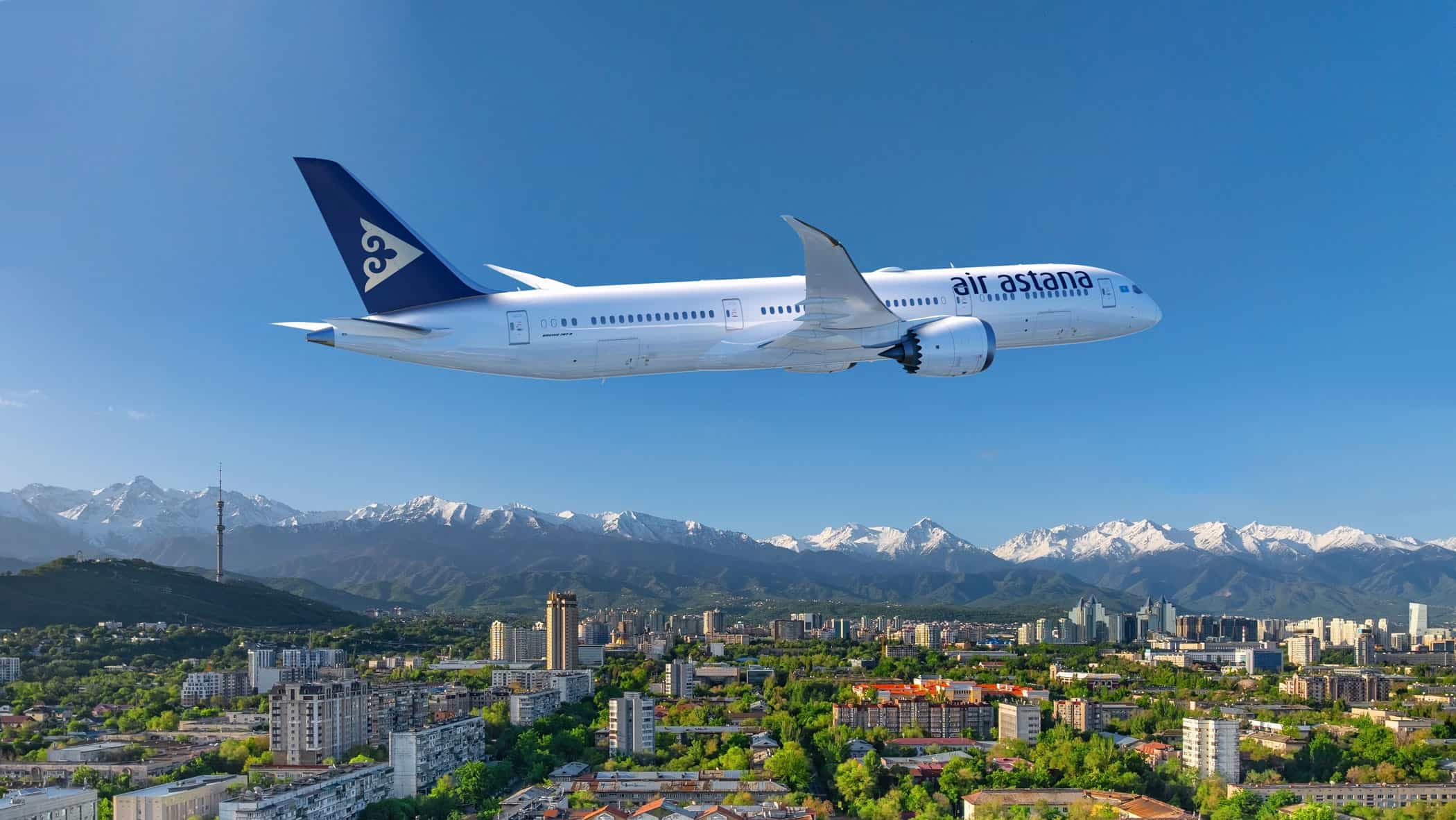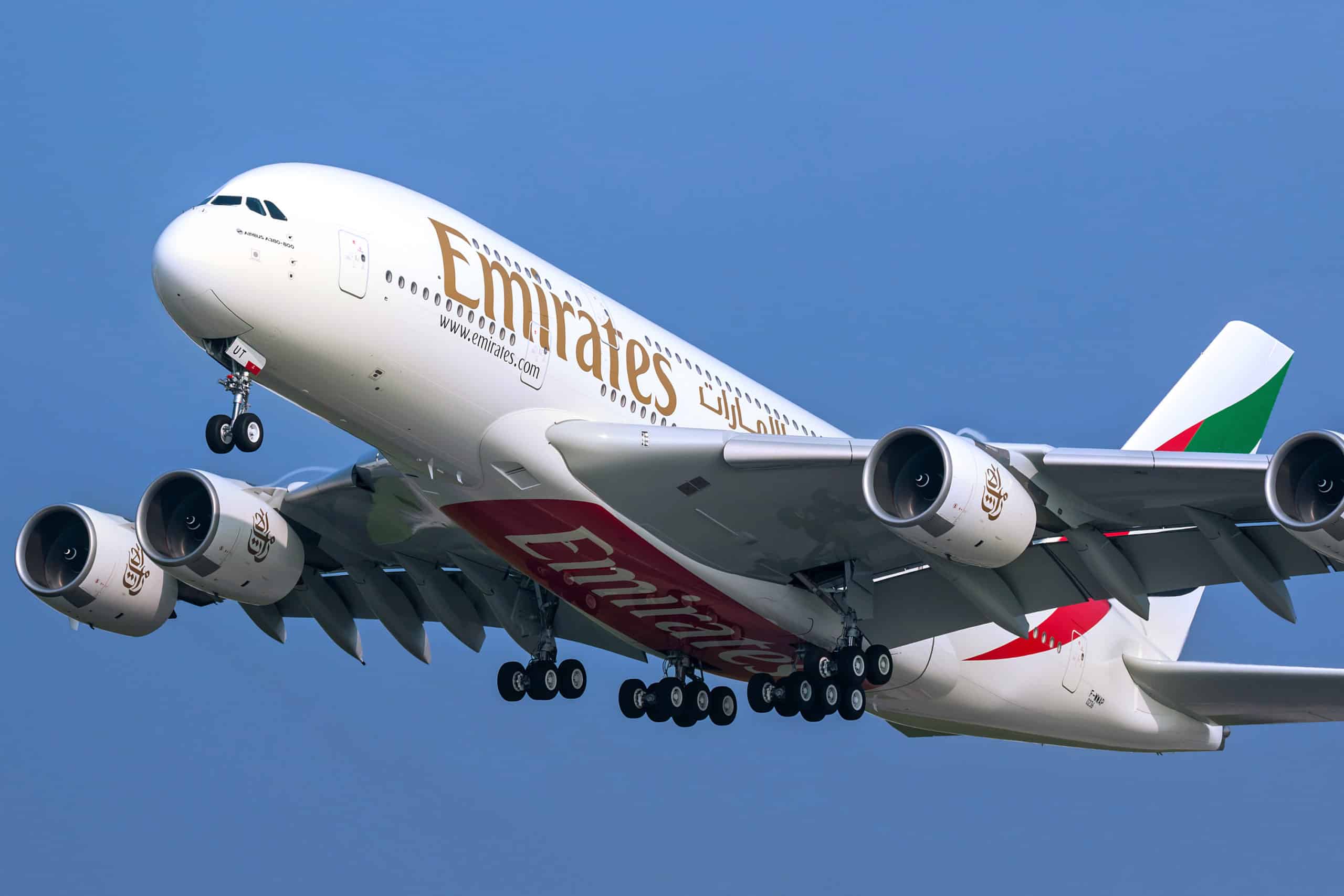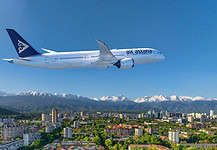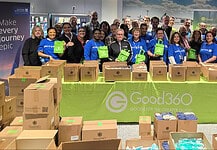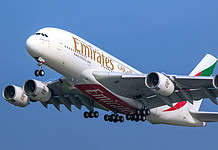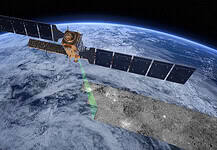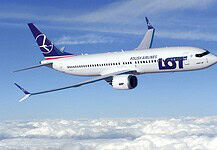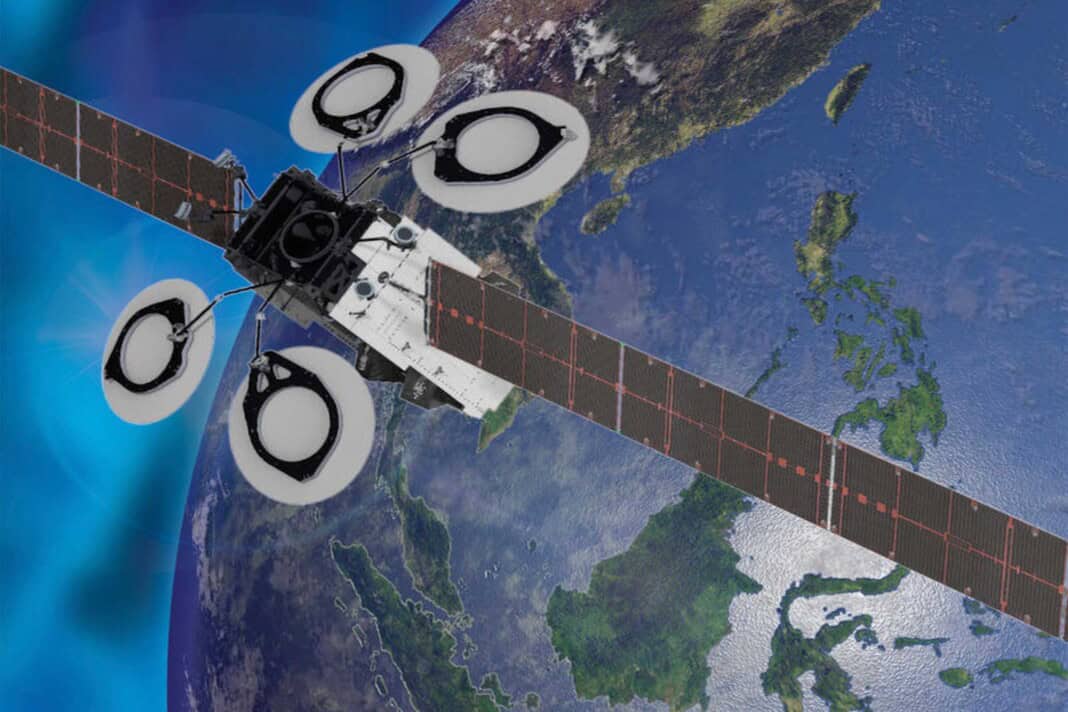
This site is also available on:
Deutsch
Boeing [NYSE: BA] has handed over the Nusantara Lima (SNL) communications satellite to PT Pasifik Nusantara (PSN), marking a significant advance in providing reliable, high-performance connectivity for PSN users in Indonesia and neighboring countries. This move will better connect Indonesia’s diverse population across the archipelago’s more than 17,000 islands and provide critical communications services.
The SNL communications payload is based on Boeing’s proven 702MP platform and can deliver more than 160 Gbps of capacity. This high bandwidth supports broadband internet access and essential communications services throughout Indonesia and other Southeast Asian markets. The satellite thus makes a critical contribution to bridging the digital divide, especially in hard-to-reach or previously underserved regions.
Adi Rahman Adiwoso, CEO of the PSN Group, emphasizes the importance of the satellite: “Indonesia was among the first nations to use satellite communications to connect its citizens. With Nusantara Lima, we are continuing this legacy.” He adds that this satellite will enable communities, schools, and businesses to have reliable access for the first time. “With a capacity of over 160 Gbps, SNL will strengthen our national capability and ensure that no one is left behind.” The partnership with Boeing and other global technology partners is therefore an important building block for Indonesia’s growth.
Advanced payload processing systems
Technologically, SNL boasts advanced payload processing systems that allow PSN to dynamically direct high-performance internet and communications capacity to where it’s most needed—be it a busy city or a remote village. This flexibility also provides rapid response capabilities in the event of natural disasters or other emergencies.
Ryan Reid, President of Boeing Satellite Systems International, points to Boeing’s long-standing relationship with the region: “Our collaboration with Indonesia dates back to the launch of the Palapa A1 satellite in 1976.” With the Nusantara Lima project, he said, the company continues this tradition, delivering a tailored solution to the country’s unique geographical challenges and its specific connectivity needs. Reid also praised the excellent partnership with PSN throughout the program.
The satellite’s solar modules were manufactured by its subsidiary Spectrolab and deliver up to 15 kW of energy—enough to fully operate the complex payload throughout its planned lifetime of at least 15 years. Spectrolab is continuously investing in its production capacity to manufacture high-quality space solar cells in response to growing demand within the industry.
SNL’s launch is scheduled for next month from Space Coast, Florida. Following completion of orbital maneuvers and in-orbit testing, the satellite system is expected to begin commercial operations from geostationary orbit—approximately 22,000 miles above Earth‘s surface—in 2026.
Background information on PSN
PT Pasifik Satelit Nusantara is Indonesia’s first private satellite telecommunications company. It provides affordable high-speed broadband internet via satellite, connecting people across the country, especially those without access to terrestrial networks. With a total capacity of approximately 330 Gbps and over 35,000 points of presence in Indonesia, the company plans to become the largest operator of satellite-based capacity in Southeast Asia.
Boeing’s involvement in Indonesia
The cooperation between Boeing and Indonesia spans more than seven decades and encompasses numerous areas such as aerospace industry development, defense technologies, and the modernization of local air transport infrastructure. Today, Boeing is fully involved in both the country’s commercial aircraft manufacturing and defense sectors – complemented by sustainability measures and talent development within local industries.
This trusting relationship is characterized by regular dialogue and shared commitments – always with the goal of sustainable economic development in Indonesia through cutting-edge technologies in the fields of space and communications.

 R-Mode: Satellite-independent navigation on the Baltic Sea (R-Mode: Satellite-independent navigation on the Baltic Sea)
R-Mode: Satellite-independent navigation on the Baltic Sea (R-Mode: Satellite-independent navigation on the Baltic Sea)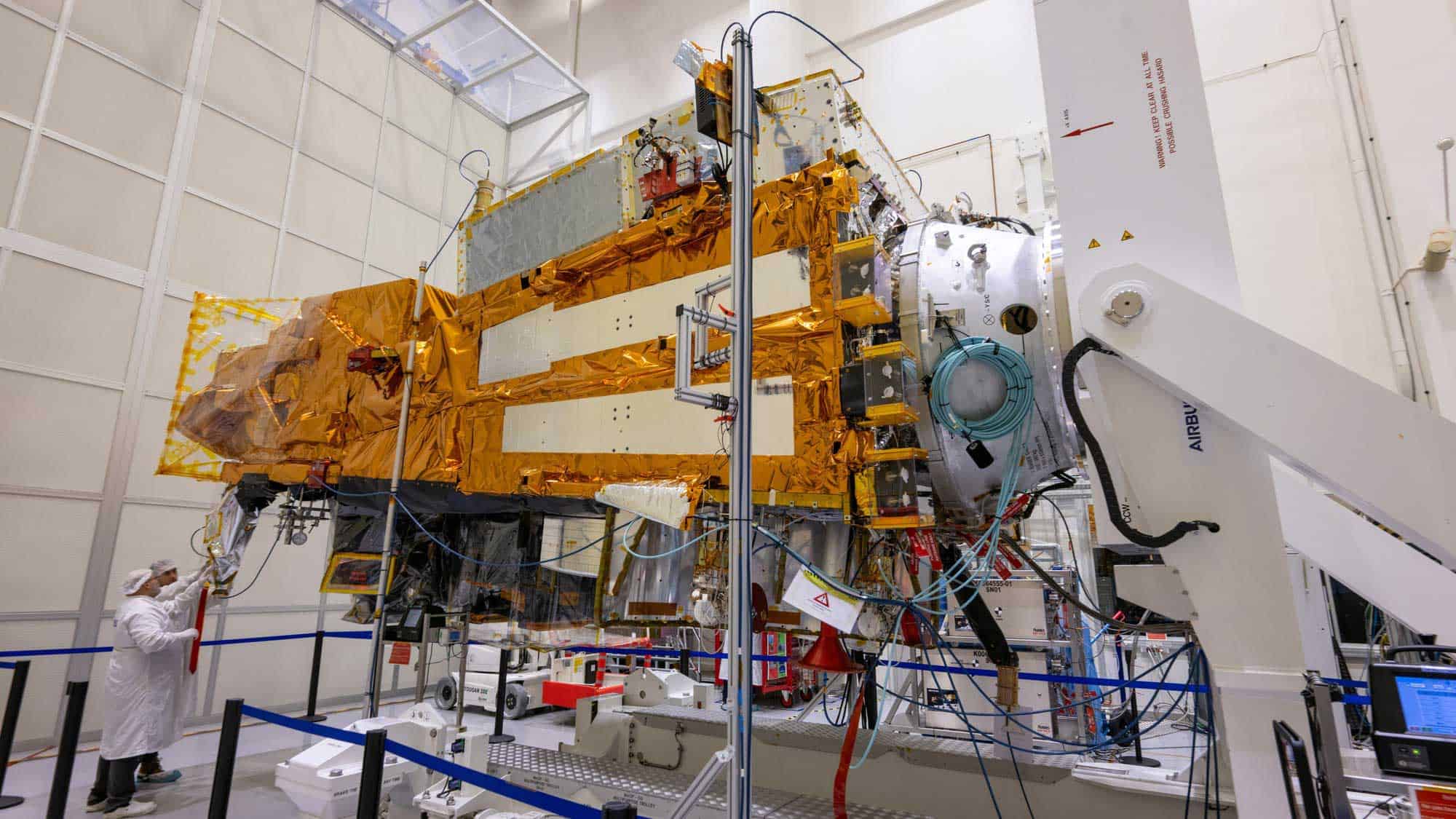 METimage: Cutting-edge technology for precise weather forecasting in space (METimage: Cutting-edge technology for precise weather forecasting in space)
METimage: Cutting-edge technology for precise weather forecasting in space (METimage: Cutting-edge technology for precise weather forecasting in space)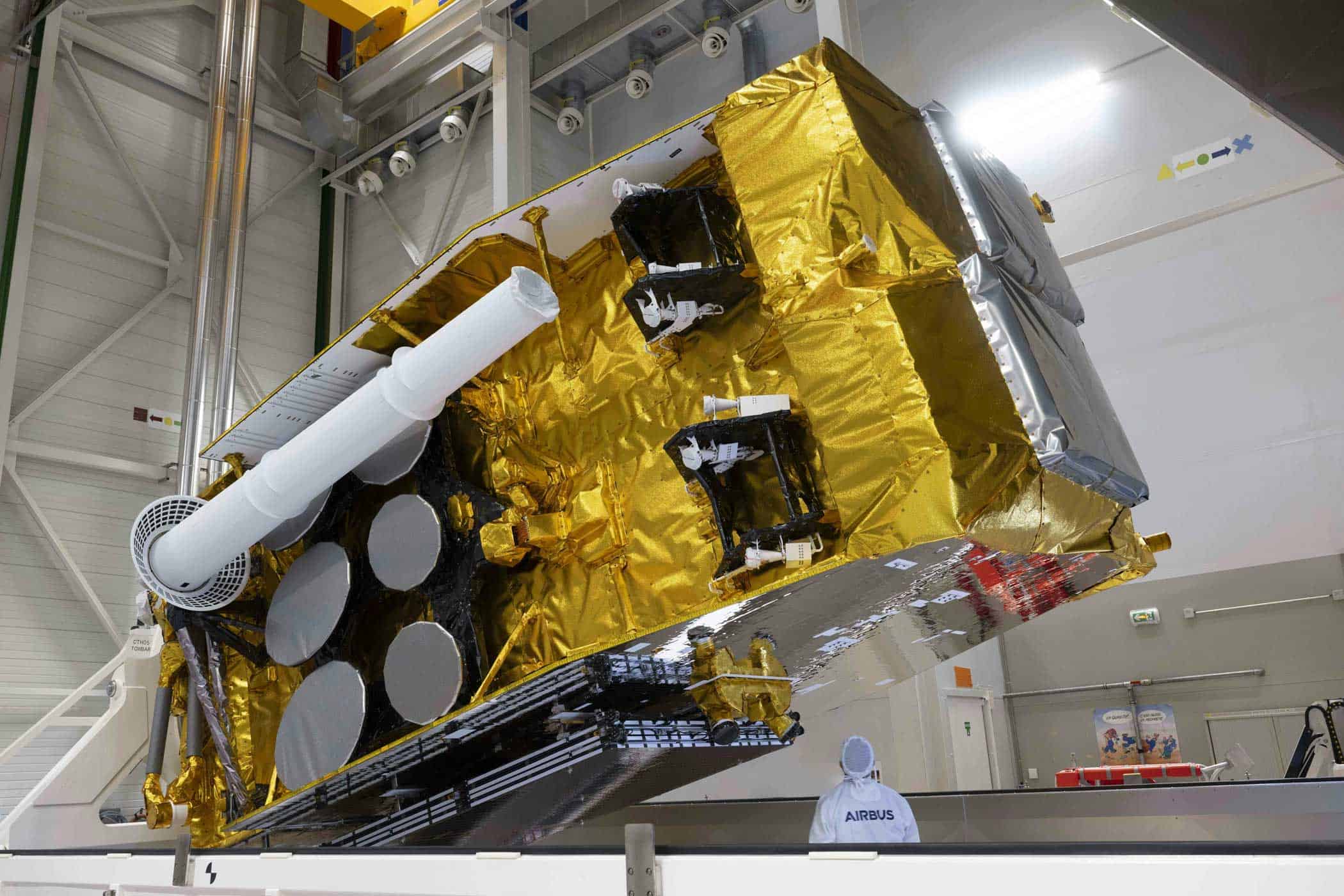 Europe’s communications satellite SpainSat NG-II launched for Spain (Europe’s communications satellite SpainSat NG-II launched for Spain)
Europe’s communications satellite SpainSat NG-II launched for Spain (Europe’s communications satellite SpainSat NG-II launched for Spain)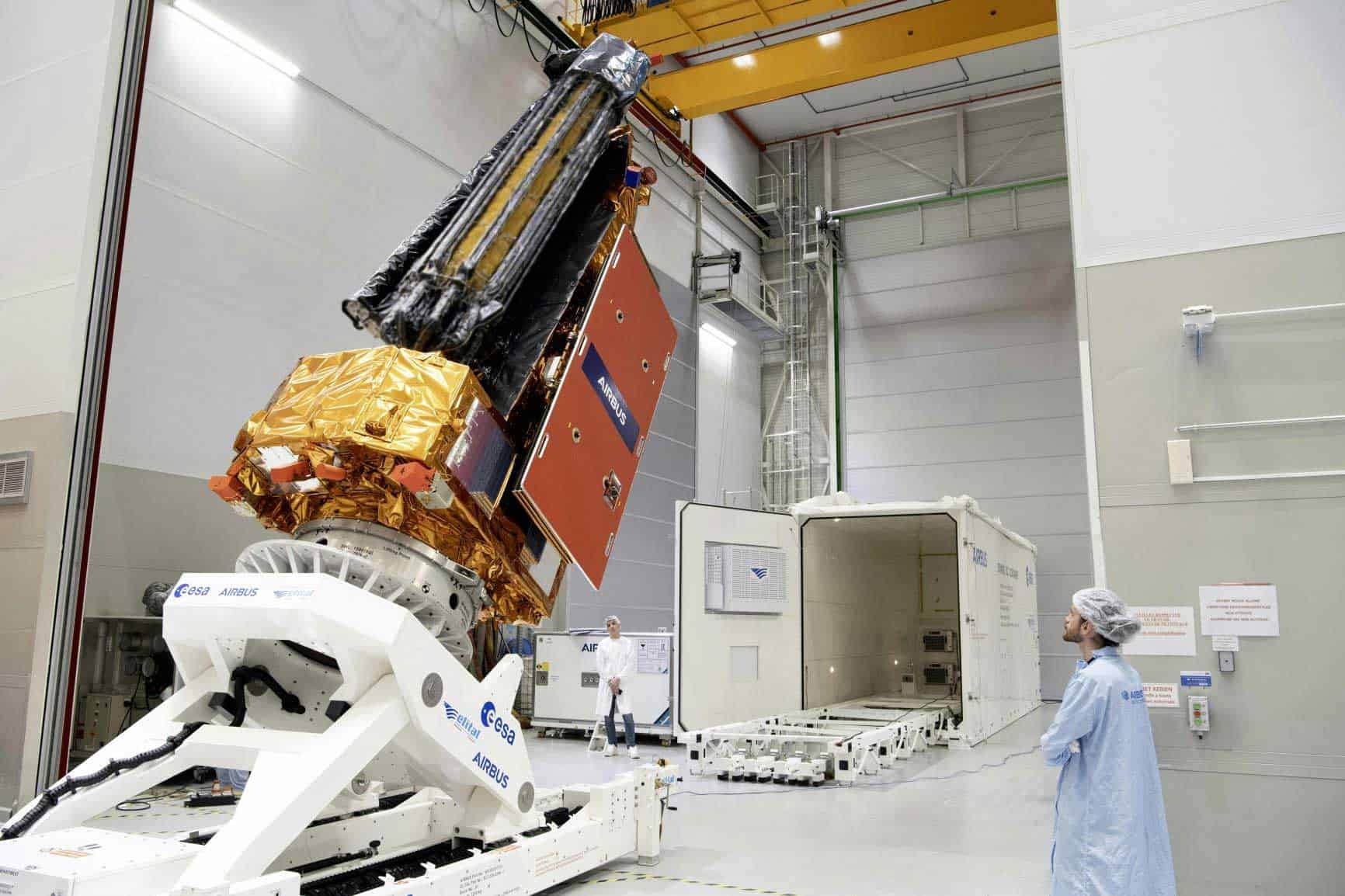 ESA’s Airbus Biomass satellite travels to Kourou (ESA’s Airbus Biomass satellite travels to Kourou)
ESA’s Airbus Biomass satellite travels to Kourou (ESA’s Airbus Biomass satellite travels to Kourou)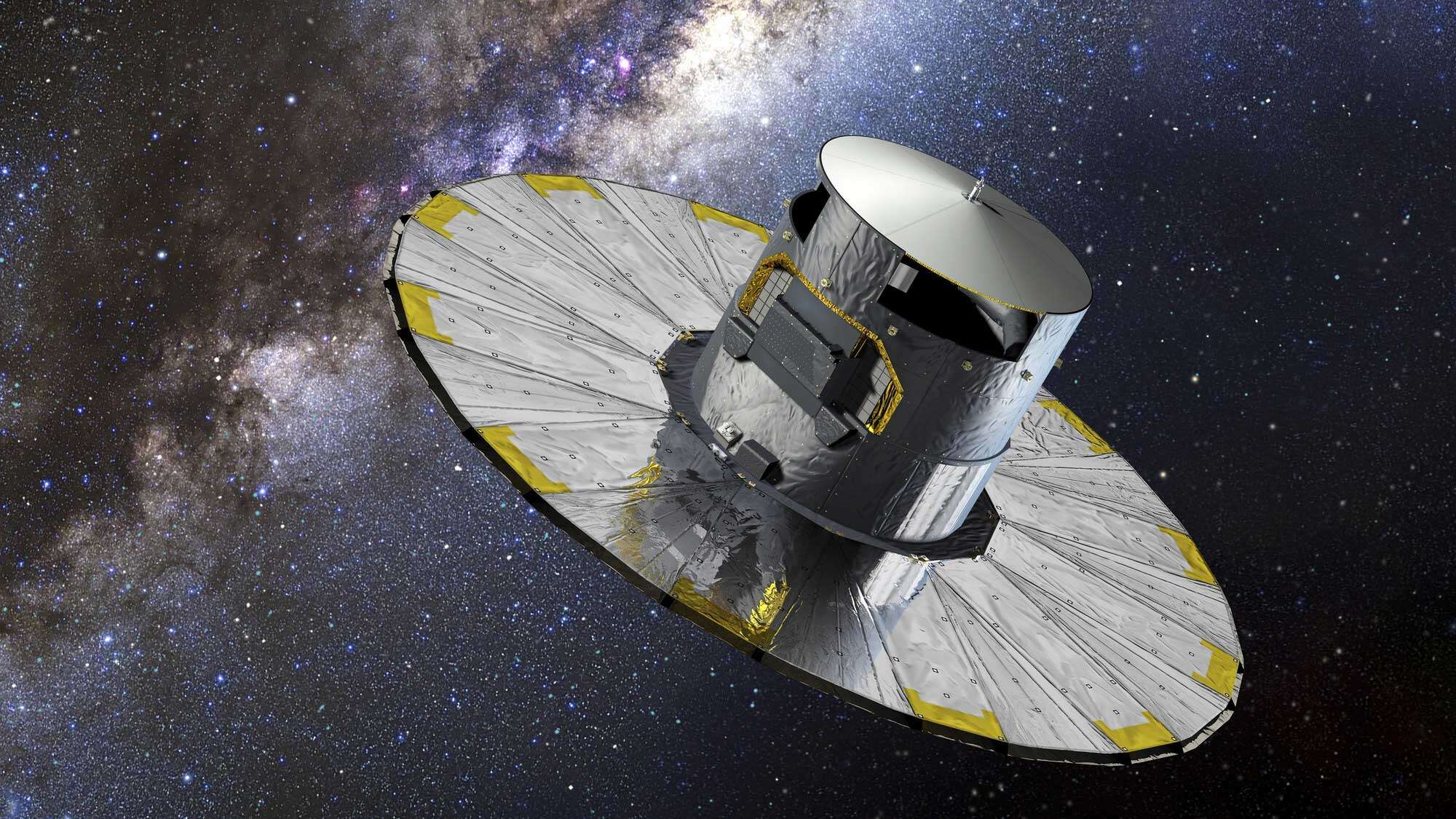 ESA satellite Gaia reaches its final mission (ESA satellite Gaia reaches its final mission)
ESA satellite Gaia reaches its final mission (ESA satellite Gaia reaches its final mission) Embraer offers Gogo Galileo HDX for Phenom 300 customers (Embraer offers Gogo Galileo HDX for Phenom 300 customers)
Embraer offers Gogo Galileo HDX for Phenom 300 customers (Embraer offers Gogo Galileo HDX for Phenom 300 customers)

